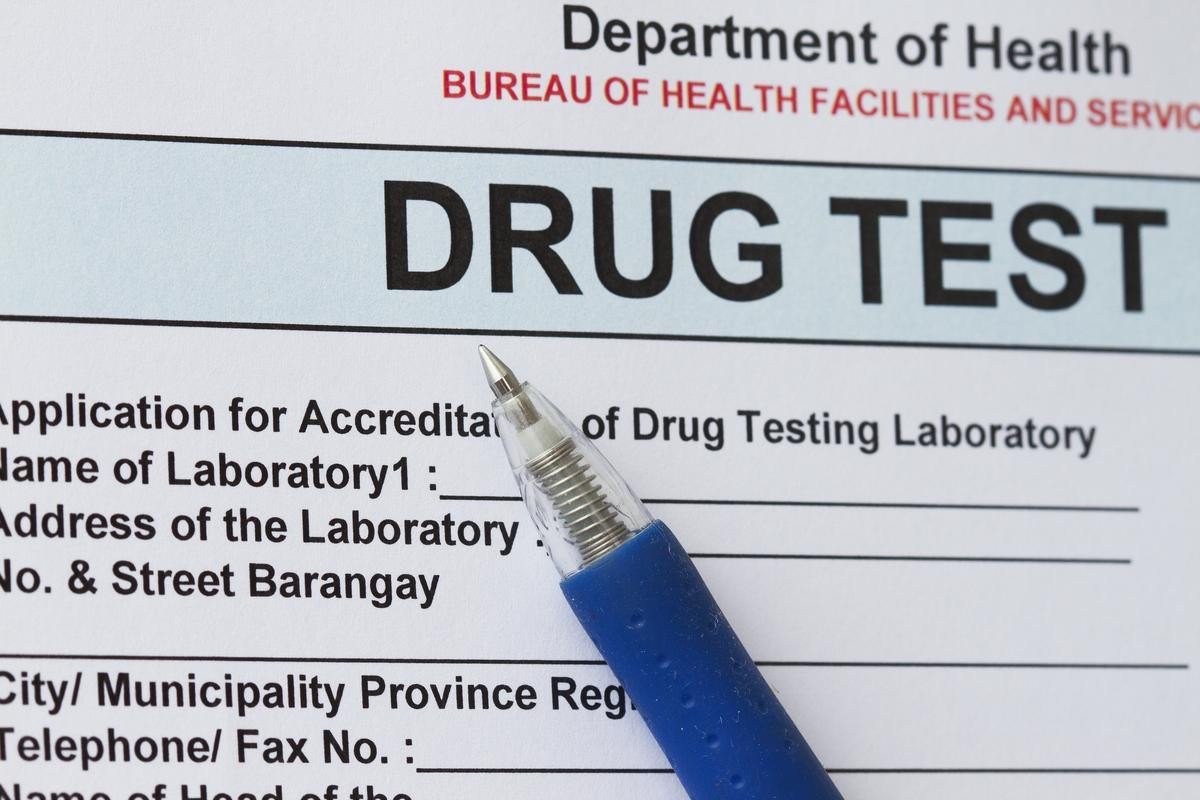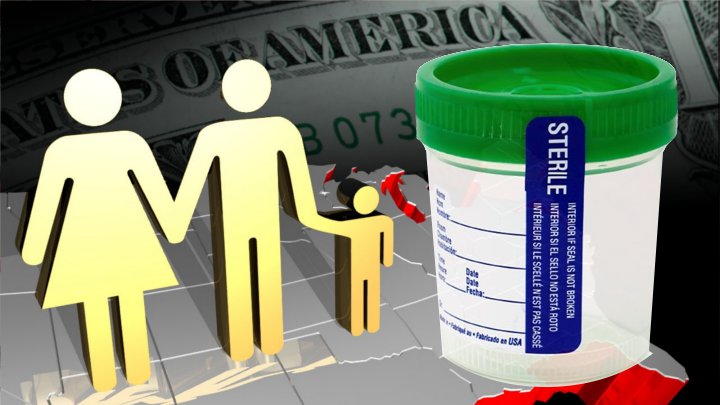Social welfare programs have been a topic of considerable controversy in the United States, and continues to be the subject of extensive in American politics. While this issue as a whole is certainly one with many economic implications, it is entirely too broad to do justice for in its entirety in a single post. Instead I will be focusing on a more specific tenant of the national welfare controversy, and one that is often under examined or contemplated. The idea of administering mandatory drug tests to welfare recipients is one that has often been thrown around or suggested, but less often analyzed more thoroughly. This post will assess what mandated drug tests would look like and what some of the results and consequences of such a policy would entail. The goal is to look a bit beyond the surface, putting impulsive, emotional reactions aside and looking more at the objective economic implications of this issue.

When considering this issue, people often react in one of two primary ways. The first general opinion is to think “That sounds cruel and hypocritical”. People who feel this way tend to believe that such a policy is too harsh and is designed to hurt those who are already struggling with poverty. They often cite that politicians who support this have no compassion for the poor and are just trying to further contribute to their struggle. On the other hand, others who consider such a policy often think “that sounds totally fair, if you’re going to receive our hard earned tax money, you should at least be able to pass a drug test”. People of these beliefs tend to suggest that it is already unfair that people on welfare use the money they receive for unnecessary or detrimental purposes. They claim that welfare recipients may even use the money to purchase drugs or other illegal goods. Both of these sentiments are very legitimate when it comes to morals and values; however, neither of these alone addresses the actual practicality or the direct costs and benefits of such policies.


According to the National Conference of State Legislatures, at least 15 states have passed legislation that requires recipients of public assistance to pass a drug test. Similar regulations were passed in many other states, but were never passed into law. When it comes to designing new legislation, it is important not only to consider the normative values that the law will seek to uphold, but also the actual positive effects that will occur as its result. The issue of prerequisite drug testing seems to be an instance where perhaps the quantitative results are not reflective of the values behind the legislation. When analyzing any decision, it is first necessary to analyze the costs, and then compare them to the benefits in order to determine the logical course of action. The intended benefits of these proposals are of course to prevent welfare recipients from using government money to purchase drugs, and to save taxpayers money by reducing the number of people on welfare programs. For this to be effective in an economic sense, the welfare payments being received by active drug users would have to be greater than the cost of testing all of the recipients. The data generally seems to indicate that these drug testing programs are actually quite expensive, and that, in practice, they actually seem to indicate that far fewer welfare recipients are active drug users than was previously imagined. Think Progress found that states requiring drug testing for welfare applicants spent a combined total of nearly $1 million in order to conduct testing. It was also found that, though the national drug use rate was 9.4 percent, positive tests occurred at a rate ranging from 0.002 percent to 8.3 percent, and it should be noted that all states but one (Oklahoma) found rates below one percent. These high costs coupled with low success rates indicate that these programs are almost certainly more expensive to carry out than they are beneficial in terms of saving taxpayers money.


To be fair to those who support mandatory testing, their position is often accompanied by more than this stance alone. Those supporting testing often feel that funding to welfare programs in general should be cut, which would indeed save considerable amounts of taxpayer money if implemented. However, that is a complex debate of its own with too many intricacies to elaborate on in this post. Supporters also have argued that even though it is a pricey endeavor, it is still worth it. They feel as though it is very important to prevent the spread of drug use and find it fundamentally unacceptable for the possibility to exist that taxpayer money could be used for the purchase of illicit drugs. Though this is a fair viewpoint that holds merits in its own sense, it does not align with economic rationality. Applying certain morals to the situation may allow for such points to be recognized as legitimate, but from a purely economic standpoint the regulations simply do not prove efficient.

It is always important to consider every aspect of an issue before passing judgement, especially when you are a representative of the people contemplating spending taxpayers’ hard earned dollars. Considering the economic costs and benefits is a crucial step in thoughtful consideration, although it is all too often overlooked or under researched. This past May, the “Drug Testing for Welfare Recipients Act” was introduced to the US House of Representatives. I only hope that our representatives thoroughly consider the costs and benefits of this proposed legislation, and make decisions that will reduce the cost to the American people rather than increase it.
Update: If you read the previous post on the minimum wage, I recommend you take a moment to reflect on the comments of California Governor Jerry Brown as he signs a statewide raise in the minimum wage.
If you are poor enough to need government help, the least you can do is pass a drug test.